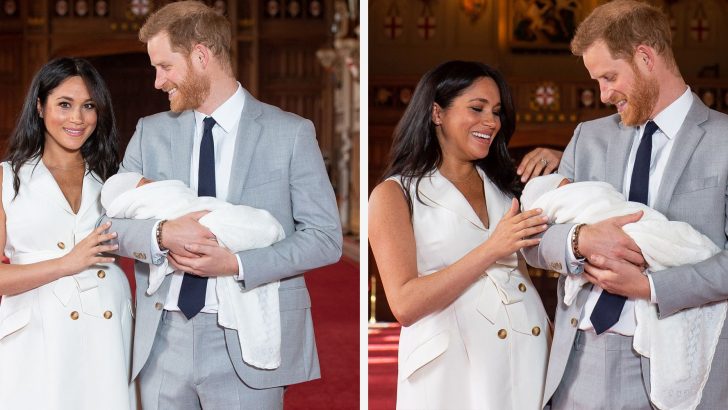I have been surprised by how quiet the national conversation has been about the coming divorce referendum – if there has been a meaningful national conversation at all. In 1995 (and during the two previous divorce referenda), the newspapers blazed with contesting opinions and the airwaves filled with heated debate.
Perhaps louder debate will be engaged as we move nearer to May 24, but so far, public discourse seems to me more akin to a tranquil Quaker meeting, than to a raging argument over values, which previous referenda often reflected. Granted, this referendum is more about an alteration in the current divorce law – whereby couples have been enjoined to wait four years for the dissolution of marriage – than a quantum leap into a new realm.
Decline
The Church was obliged to defend the indissolubility of Christian marriage when divorce was first mooted. But it’s the first step that counts, and once divorce was established, whether it is done after four years or two years is only a detail, theologically speaking. Moreover, marriage, overall, is in decline.
In previous divorce referenda, a key aspect was concern over land and property. Farming people were anxious that in the dissolution of a marriage, land would be divided, making it less viable to farm. But Ireland has been moving away from its agricultural base for some decades now, and, concomitantly, from the practical values associated with rural life.
Lifestyle is also increasingly seen as a matter of individual choice and less within the framework of communal values. Sometimes that’s a positive thing, and the privacy of conscience is respected.
But sometimes it means that we are less likely to perceive our choices as having a wider effect on others. Yet every time we take a vehicle on the road, we are making a choice that will impact on the common good: similarly, the decline of marriage will have overall social repercussions, especially on children.
Times have surely changed. In 1940, the historian of the Irish Senate, Donal O’Sullivan, wrote: “It is hardly too much to say that every Irish Catholic regards the subject of divorce with abhorrence.”
This is not a view that would find much resonance in the Ireland of today.
***
Too much, too soon
Madonna, the singer, now 60, has been pretty outrageous during the course of her career, but it is to her credit that she has successfully adopted four children from Malawi.
She even says that David, one of her adopted sons, “seems to have more of her own DNA” than her biological children – because he has so much “focus and determination”, traits she associates with herself.
She also ponders on why her biological daughter, Lourdes, now 22, doesn’t seem to have the same drive and ambition as she had. Lourdes is a musically gifted young woman, but she lacks ambition.
Possibly social media is making her daughter more diffident, she thinks. But it could also be that Lourdes grew up rich, and with the support of a mother, whereas Madonna herself did not. She was poor, struggled and her mother died.
Sometimes it is hardship that pushes achievement. David doesn’t get DNA from his adoptive mother, but having come from an orphanage, he perhaps appreciates the opportunities he has since been given.
***
An influential babe in arms
The birth of a son to Prince Harry and Duchess Meghan [pictured] – as the American TV networks always call his wife – has been world news, with even the ultra-serious Frankfurter Allegemeine in Germany putting the happy story on a front page usually dedicated to the finer points of fiscal rectitude.
It’s a reminder that, at a time when there’s an American fad to “shout your abortion” (promoted by abortion providers), most people would far prefer to celebrate a birth. Every baby is a royal baby – an emblem of the joy and wonder of human life.
Baby Sussex is already subjected to different interpretations of his role in the world. The American media likes to emphasise that he’s the first royal baby of modern times to be ‘inter-racial’, while British commentators are hoping he’ll provide the ‘soft power’ of global influence to counter the UK’s negative reputation ever since Brexit.
Yes, babies are influencers – and that’s a good thing!


 Mary Kenny
Mary Kenny
